
The federal nod was given based from the phase 3 data of the EAGLE-1 trial, which showed noninferiority to combination therapy. This approval provides a new oral option.

The federal nod was given based from the phase 3 data of the EAGLE-1 trial, which showed noninferiority to combination therapy. This approval provides a new oral option.

NYU Langone’s Angelica Cifuentes Kottkamp, MD, continues our Media Day discussion around these illnesses and how in New York City, clinicians need to be prepared to decipher in differential diagnosis for these potential diseases.

Reports are surfacing the federal agency is going to review products already reviewed and approved.

In episode 2 of our Media Day series with NYU Langone, Angelica Cifuentes Kottkamp, MD, discusses its vaccine center and their work around COVID-19 vaccines, as well as the importance of achieving diversity in clinical trials.

Robert Hopkins Jr, MD, medical director of the National Foundation for Infectious Diseases, discusses the changes in the new vaccine recommendations and what potential serious consequences may be seen as a result.

The federal agency approved Augmentin XR in just 2 months through the new CNPV pilot program, marking a potential step toward rebuilding domestic antibiotic manufacturing and addressing drug shortages.

Questions raised about unverified FDA claims linking COVID-19 vaccines to pediatric deaths, and concerns that proposed vaccine testing requirements could delay access to key immunizations.

A large meta-analysis indicates opioid exposure may disrupt immunity and gut microbiota, increasing CDI vulnerability and potentially worsening clinical outcomes.

Angelica Cifuentes Kottkamp, MD, discusses how its location, breadth of experience, and opportunities afford clinicians the ability to see and treat a wide berth of diseases and infections.

Most clinical isolates identified as triazole-resistant Aspergillus niger by traditional clinical laboratory methods were revealed by DNA sequencing to be A tubingensis.

Population study corroborates 2019 FDA alert based on case reports of acute respiratory failure with TMP-SMX in healthy adolescents and young adults.

This week, read our coverage on the CDC ACIP meetings on the hepatitis B virus (HBV) vaccine, modeling data on the potential consequences of HBV infections, liver cancer, and mortality when delaying the birth dose to 2 months, our latest podcast, and more.

Lacking any safety data showing potential serious adverse effects, the committee decided to move forward with the recommendation “that the initial dose is administered no earlier than 2 months of age.”

Due to repetitive and confusing language, the committee decided to amend the votes for clarity and will vote on 3 new recommendations on Friday.
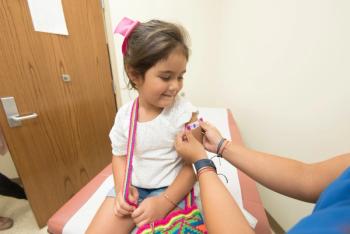
Anticipating possible constraints on the approval of COVID-19 vaccines and their removal from the CDC pediatric vaccine schedule, a medical ethicist and legal scholar consider off-label vaccination.

A public health and farmworker coalition says agricultural spraying of medically important antibiotics and antifungals contributes to environmental resistance and warrants EPA cancellation.
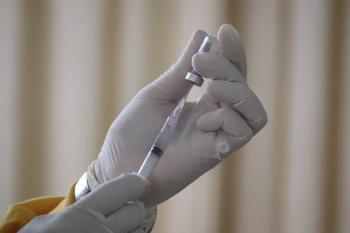
New Centers for Disease Control and Prevention (CDC) data show rising early-season influenza activity, moderate 2024–2025 vaccine effectiveness, and updated 2025–2026 recommendations that include trivalent, thimerosal-free single-dose formulations and expanded access to FluMist.
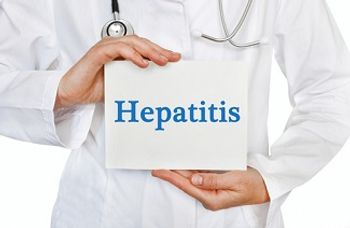
A new analysis shows thousands of children could contract hepatitis B, leading to further complications and deaths, if the vaccine schedule recommendations are changed to later in a child's life.

Improving public awareness of appropriate antibiotic use could complement antibiotic stewardship programs worldwide.
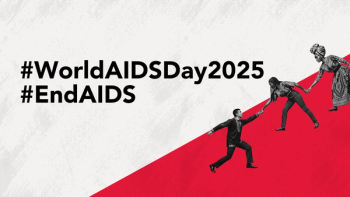
WHO and UNAIDS warn of service disruptions, widening inequities, and mounting drug-resistance threats, while highlighting innovations and commitments needed to end AIDS as a public health threat.

In our latest podcast, Elizabeth Marlowe, PhD, D(ABMM), discusses the findings of Quest Diagnostics' large US HIV testing study, which showed a significant decline in HIV drug resistance across major antiretroviral classes, reflecting the impact of modern high-barrier therapies and improved viral suppression.

The New Jersey company recently announced the partnership that includes federal funding to create new treatments from a novel class of fungerps.

This week, read more about the first person with a novel avian influenza strain, doxyPEP linked to increased high-level tetracycline resistance, Ethiopia investigates Marburg virus disease outbreak, and more.

The World Health Organization (WHO) is assisting Ethiopia with experts, supplies, and emergency funding as the country investigates eight suspected cases of viral hemorrhagic fever in the South Ethiopia region.

James Conway, MD, describes how full vs partial repeal of nonmedical school-entry exemptions is associated with kindergarten vaccination and exemption trends.

Shionogi has been identifying in vitro activity using its antibiotic, cefiderocol, against Gram-negative clinical isolates such as carbapenem-resistant Enterobacterales (CRE). Christine Slover, PharmD, offers some insights on the company’s analysis.
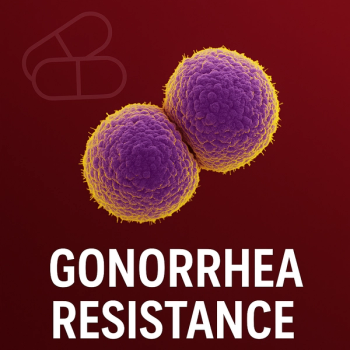
A DOXYVAC substudy found higher rates of tetM-mediated tetracycline resistance and more isolates with decreased cefixime susceptibility among MSM using doxycycline PEP.
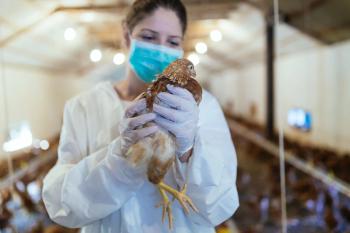
This is the first human ever known to be infected with the H5N5 strain. The infected patient was from Washington state, and was undergoing treatment for H5N5 (avian influenza) when the individual died last week.

New modeling and clinical data presented by Atea Pharmaceuticals suggest that its fixed-dose combination of bemnifosbuvir and ruzasvir could offer a potent, short-duration, best-in-class treatment option for hepatitis.

Fewer people are falling ill with TB, and fewer with drug-resistant illness according to the 2025 WHO Global Tuberculosis Report.